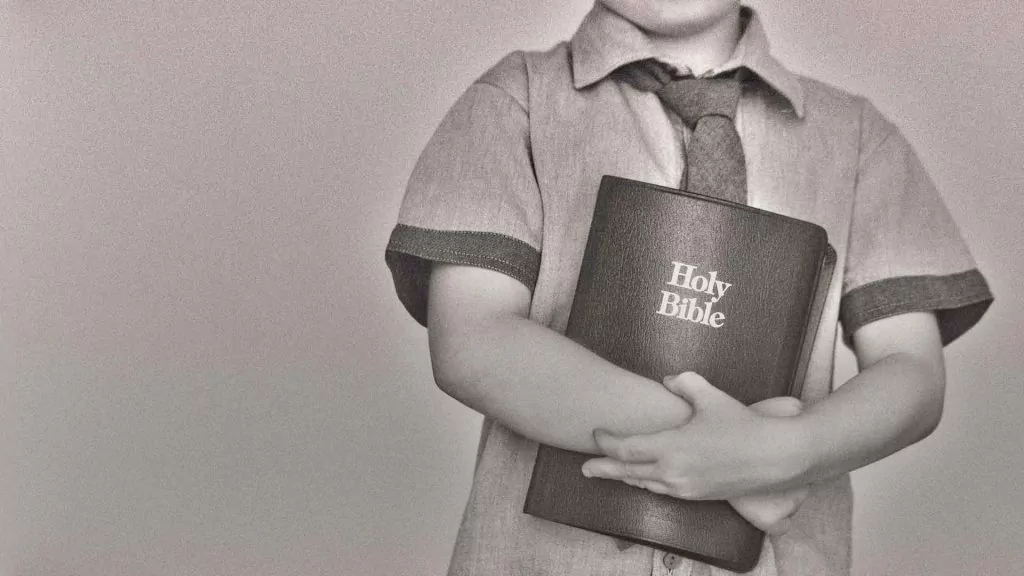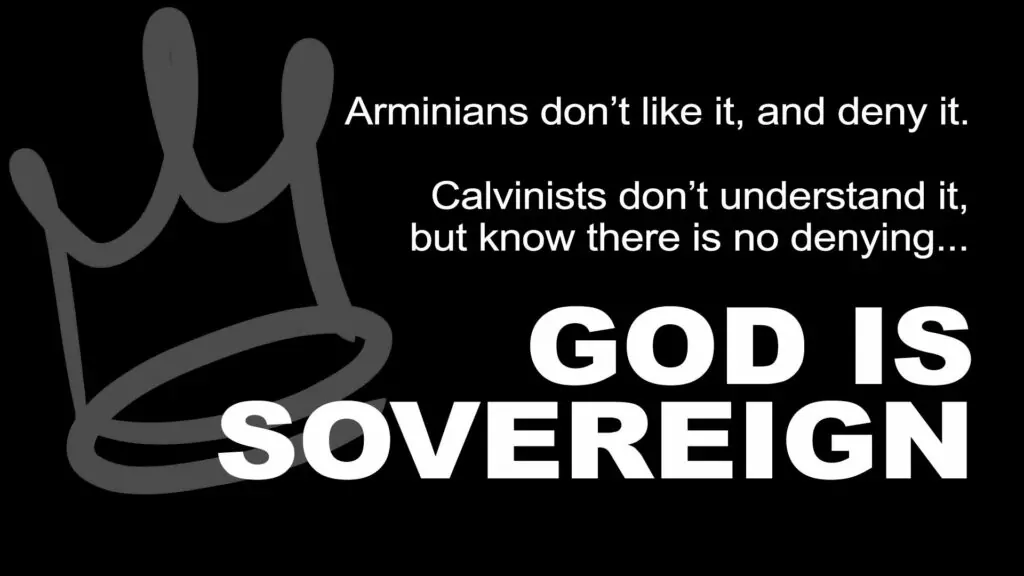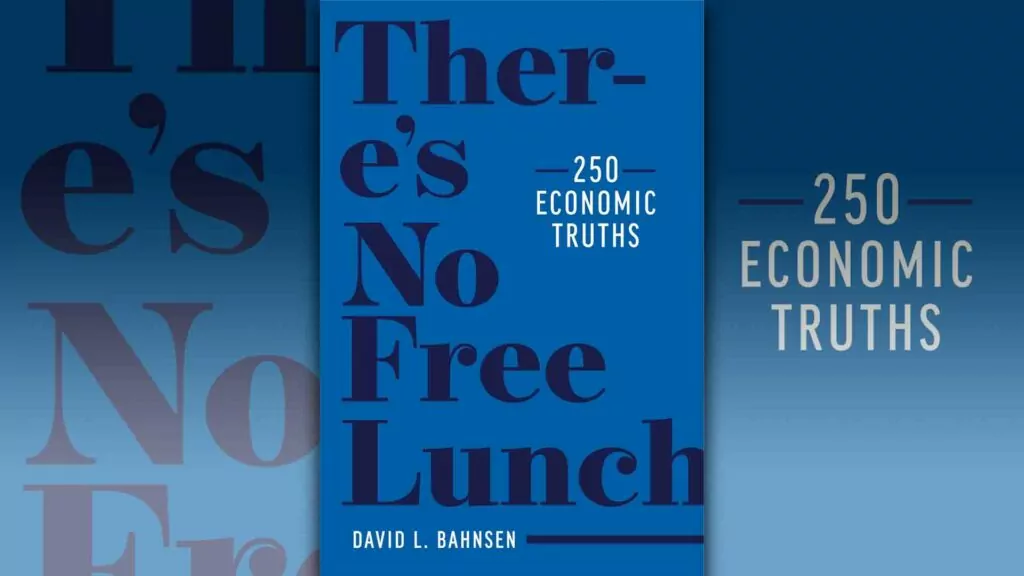The words a father speaks to his children in the privacy of the home are not overheard at the time, but, as in the whispering galleries, they will be clearly heard at the end and by posterity. – Richter
*****
One of the earliest recollections I have of my father, Louis Praamsma, is seeing him stand with his face full of shaving lather in front of the bedroom sink and mirror. My crib was in my parents’ bedroom and inevitably he would turn away from the small sink, grimace and pretend that he was coming towards me to chase me. It made me squeal with a mixture of delight and horror. When my own children were very small, this scene was repeated. Opa often chased them down the hall, imparting a shaving lather kiss to those he caught. The boys, fascinated by the ritual of shaving, had a great desire to copy – to do what their grandfather did and what their father also did. The truth is that parents, fathers and mothers, play a tremendously big role in our development.
In 2014 a research group reported that many young children watched an average of three hours of television a day. Today screen time would likely be longer. There are families that turn the television on when they get up and do not turn it off until they go to bed. The study concluded that with as little as twenty seconds of television watching, children just over a year old were able to repeat actions seen during twenty seconds of time. The conclusion being that little ones will copy what they see going on around them.
I have another wonderful and early recollection – the recollection of my father kneeling in front of his big, four‑poster bed – kneeling in his striped pajamas, head down on the rumpled blanket. Every morning, as I passed my parents’ master bedroom on the way to the bathroom, I beheld him through the half‑open door, kneeling and praying. And it filled me with a sense of quietness and awe that I should see my father prostrate in this way – so very vulnerable and submissive to Jesus his Lord.
The biggest memory I have of my father, however, has the title of a hymn. That hymn is The Church’s One Foundation. It is said that he who sings, prays twice. ‘The Church’s One Foundation was one of my father’s favorite songs and, as such, I would like to write a little about why and when it was written.
*****
The Church’s One Foundation is based on Ephesians 5:23b which reads: “Christ is the head of the Church, His body, of which He is the Savior.” That text was the cornerstone which my father endeavored during his whole life to pass on to his children, grandchildren, friends, neighbors, acquaintances and congregations.
It has been necessary, from time to time, for the church to be defended against heresy. It’s certainly true that she needs to be defended against heresies today. The Church’s One Foundation was written as a defense. The author, Samuel Stone, was also a minister, and he lived during a time in which there was quite a bit of turmoil within the church – his denomination being Anglican or the Church of England.
The year was l866. The first five books of the Bible were being criticized. There were men who doubted; men in the Church of England who openly criticized the historicity of these books. It became a theological debate involving the whole Church of England.
Now pastor Samuel Stone, (1839-1900), loved the church. He desired nothing more than to impart the Gospel to the people in his congregation. In the pastorates he served in London, England, he was affectionately known as the “poor man’s pastor.” In the slums it was said of him that “he created a beautiful place of worship for the humble folk, and made it a center of light in the dark places.” He was a gentle, loving man. His personal faith in the inspired Bible, however, made him a fighter when he realized that his faith was being attacked. He loved the Lord and refused to compromise with the Biblical criticism and evolutionary philosophies that were becoming so popular.
Consequently Rev. Stone wrote. As a matter of fact, he wrote a collection of hymns. This collection was called Lyra Fidelium or “Lyra of the Faithful,” and contained twelve creedal hymns based on the Apostles’ Creed. They were written to combat the attacks of modern scholars on the Bible ‑ attacks which Samuel Stone felt would split up the church.
In the preface of the little hymnbook, he wrote:
“Most clergymen are aware how many of their parishioners, among the poor especially, say the Creed in their private prayers. And they cannot but feel how this excellent use, as also its utterance in public worship, is too often accompanied by a very meager comprehension of the breadth and depth of meaning contained in each Article of the Confession of Faith. Such a feeling first suggested to the Author the probable usefulness of a simple and attractive explanation of the Creed in the popular form of a series of Hymns, such as might be sung or said in private devotion, at family prayer, or in public worship.”
The hymn, The Church’s One Foundation, is based on that part of the Apostles’ Creed which reads “I believe in a Holy Catholic Church; the Communion of Saints.” Samuel Stone felt very strongly that the oneness of the Church rests, not on man’s interpretation of the Bible, but on the Lordship of Jesus Christ.
The words of this hymn are very meaningful for believers. It is a song which is also tremendously comforting. Below is the first stanza:
The church’s one foundation,
Is Jesus Christ her Lord,
She is His new creation
By water and the Word:
From heaven He came and sought her
To be His holy bride,
With His own blood He bought her
And for her life He died.
Samuel Stone based the words of the first stanza on:
- “Other foundation can no man lay than that is laid, which is Jesus Christ.” – 1 Cor. 3:11
- “Except a man be born of water and of the Spirit, he cannot enter into the kingdom of God.” – John 3:3
- “Even as Christ also loved the Church and gave Himself for it, that He might sanctify and cleanse it.” – Eph. 5:25
- “The Church of God which He purchased with His Own Blood.” – Acts 20:28
*****
As previously mentioned, this was one of my father’s favorite hymns and he sang it with nasal gusto and a deep‑rooted faith.
Before he died, my father wrote: “When I think of the approaching day of my death, I have only one foundation on which I can stand: the free grace of God.”
To his grandchildren he left this message.
“My grandchildren, I love you all. God has something in store for you: a heritage in heaven (I Peter l:4). Never be afraid to confess the Lord Jesus Christ. In that way, you will never have any reason to be afraid. If God gives me the opportunity, I will continue to pray for you; the time is short and by His grace we will see each other again.
“My grandchildren ‑ you often have heard the word ‘covenant’ ‑ which means that God is faithful and gracious to us from generation to generation.
“I remember my own two grandfathers – the one was a cabinet‑maker (he owned a small factory where furniture was made), and the other was the principal of a Christian school. The one lost money because he trusted his neighbors too much; the other was always underpaid because the Christian schools were poor. Both served the Lord with a clear conscience.
“My father and my father‑in‑law were both Christian teachers, sacrificing for the sake of the Lord ‘the treasures of Egypt.’ One of the greatest gifts of the Lord in my life and in that of your grandmother has been that our children chose to profess the name of the Lord.
“That is the heritage that comes to you – God gave to each of you His special gifts. The greatest gift is that He has promised to be your Father for Christ’s sake. Trust Him, trust His Word, trust His promises, and you will experience, even if worst should come to worst, that He is good.”
*****
Thank God for the Samuel Stones in this world! Thank God for Louis Praamsmas! Thank God for all those fathers and mothers who are not afraid to confess their faith each day before their children! Read again the small noteworthy saying by Richter and ponder it.
“The words a father speaks to his children in the privacy of the home are not overheard at the time, but, as in the whispering galleries, they will be clearly heard at the end and by posterity.”















